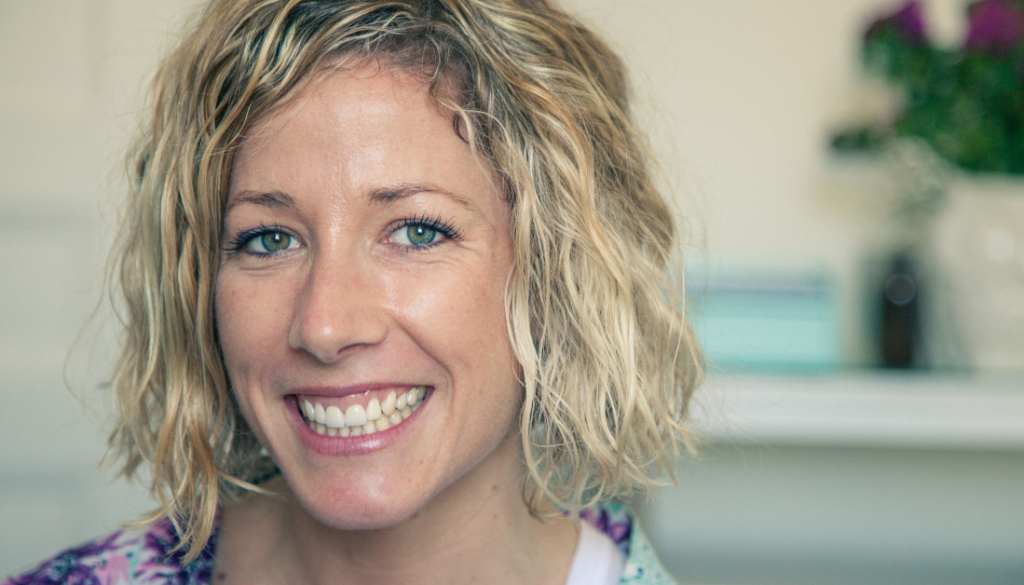Connection, Compassion and Community come together in The Ubuntu Project
Story by Matilda Bowra
Growing up in suburban Melbourne, Anna Davies sensed she had not yet found herself or her place in the world. Then as a university student, she discovered a sense of connection and belonging when she visited a remote African village. The experience changed her life and inspired her to spend a year travelling through 17 countries across five continents interviewing people for The Ubuntu Project.
Growing up, I was always really interested in people and how they work. I was born in Vancouver, Canada and grew up in the inner eastern suburbs of Melbourne. I’m one of five and I’m in the middle. I have the classic middle child thing of feeling a bit on the outer, that was my experience anyway. I feel I am quite different to the rest of my family, which I’m learning to come to peace with and embrace and accept.
I had a tough adolescence. Looking back, I was pretty depressed. I see those years as dark years where I often felt very alone, very on the outer. I had a huge need to belong. When I think about the inspirations for this project, one is my exploration of this theme of belonging and connection, because it was something I really missed in those sensitive, vulnerable years of adolescence where you are establishing your identity and finding your place in the world.
Kenya happened in the summer before the last year of my masters and was a pivotal moment for me. I had been at university for eight years and I wanted to do something completely different. I found a volunteer program through World Youth International. The coordinator said if you want a really different experience, Kenya is the place to go. I had no money and a $2,000 credit card debt, so I went to the bank and asked for a loan. Two days later I paid for the trip and eight weeks later I was on a plane.
I was in Kenya for 10 weeks; it was a beautiful experience. I spent five weeks, each in two different villages, but I feel the first village called Odede on Lake Victoria was my village, as it impacted me the most. There are no roads, so anywhere you walk, you are walking past peoples’ front or back doors. There was a lot of poverty, but we were embraced and felt really accepted and part of the community.
It surprised me how easy it was to feel connected to people who were so different and that opened my eyes to a lot of things. It didn’t matter where we’d come from or our economic or cultural background, very natural, organic friendships developed. It gave me an appreciation of how important it is for people to talk and share and get to know each other beyond the exterior to find that commonality. There were a few key people I got to know. I learnt about their lives and heard their stories. From that came respect and understanding, then the care and compassion of I care about you, I care about your life and your future. It was a very emotive, powerful, eye opening experience.
I’ve been a different person since then. Since returning, the friendships I’ve made, the choices I’ve made in life are quite different. They are not bound by social expectations so much anymore, they are more inspired by that idea of connection and making a difference in the world, which sounds a little bit corny, but really caring about how I can be in the world in a way that matters to humanity.
Ubuntu is a South African tribal philosophy I learnt about while I was in Kenya. It translates in English to I am who I am because of who we all are, or I am because we are. It’s about that innate sense of how important it is for us as human being to realise we are connected, that we are part of this shared humanity. It says my humanity is enhanced by a connection with your humanity.
What I experienced in Kenya shows I can be connected with people who are so different and that was affirmed travelling the world and interviewing people for the film. There was not a single person I struggled to find a connection with. When you are coming together with openness, friendliness, honesty and authenticity, you are going to like that person and learn something from them.
I made the film with my husband. We felt embraced and supported throughout the whole journey. We went off the beaten track and people were happy to go a bit deeper with us. I learnt that all of our experiences, however joyous or painful, are shared human experiences. We found there’s a lot of love out there, a lot of need to connect better as human beings and a desire for more trust, respect and understanding.
My hope for the future is that more people wake up to the possibilities of how we can be rather than what is. I hope people realise we need to come together a bit more, listen to each other, respect each other, celebrate differences and tap into that innate capacity we all have to connect and feel compassion and understanding for each other.
The Ubuntu Project screens at 12pm at Cinema Nova on 24 February as part of the 2019 Transitions Film Festival. Visit https://www.transitionsfilmfestival.com/event/the-ubuntu-project/ for more details and to book tickets.

